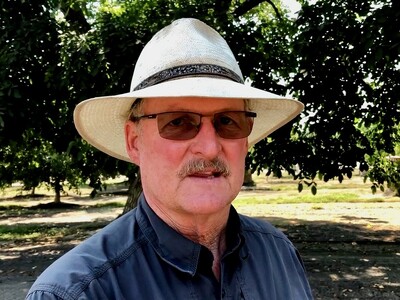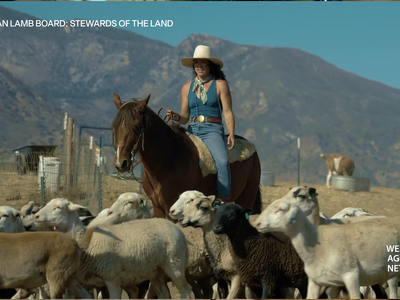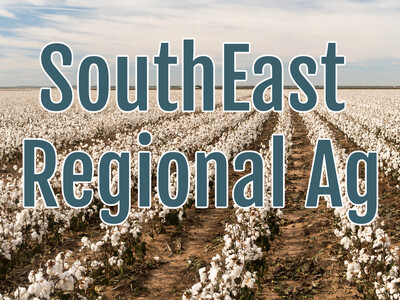8-18 NWR Big Oregon Conference
Oregon's reputation as a specialty crop state has earned it the right to host a first ever national conference on specialty crops. Other states often look to Oregon as a model on how to manage federal grant dollars to help boost specialty crops. So it stands to reason an upcoming national gathering of state coordinators involved in the Specialty Crop Block Grant Program is taking place in Portland: BRUBAKER: "It's the first time we've been able to have this and Oregon gets to host it. We've got a lot of industry on board to support this. So it's good exposure for our agricultural commodities." Shannon Brubaker manages the Oregon Department of Agriculture's grant program for specialty crops, which are defined as commonly recognized fruits, vegetables, tree nuts, and nursery crops. Oregon ranks seventh in the nation in production of specialty crops: BRUBAKER: "Oregon is a leader when it comes to managing the program and we are looked at for advice. We do have a lot of states that call us for different programs. But I would say that we are, just as much as other states, in a position right now to look toward improvement."Oregon's program and its usual $1.5 million annual allocation has funded an average of 21 projects a year which have addressed issues such as market development and access, certification, food safety, pest and disease management, and training the next generation of producers. The conference will help showcase what Oregon grows but also allow individual states to learn from each other.
BRUBAKER says the upcoming conference will be well attended: "We thought, we kind of aimed for maybe 25 states. When we have 44 states and three territories coming, I think we far exceeded our expectations that this would so wide received."
BRUBAKER says the conference will benefit all participating states by providing training and perhaps developing more consistent ways to administer the federal block grant program throughout the US: "Everybody who is coming has eyes wide open for change and room for improvement. A lot of people who are coming are either seasoned grant program coordinators or some of them have only been in the position for a couple of months. So it's a fantastic opportunity. It's the best time for it."
Elsewhere, good news on a subject that we report on regularly. According to the Journal of Economic Entomology, a Washington State University study contends that honey bees encounter little risk of poisoning in everyday life from an insecticide that acts like nicotine. The study doesn't dispute that the insecticides can harm honey bees, but contends that bees don't encounter the substances enough in real-world circumstances to be regularly causing widespread bee die-offs.














